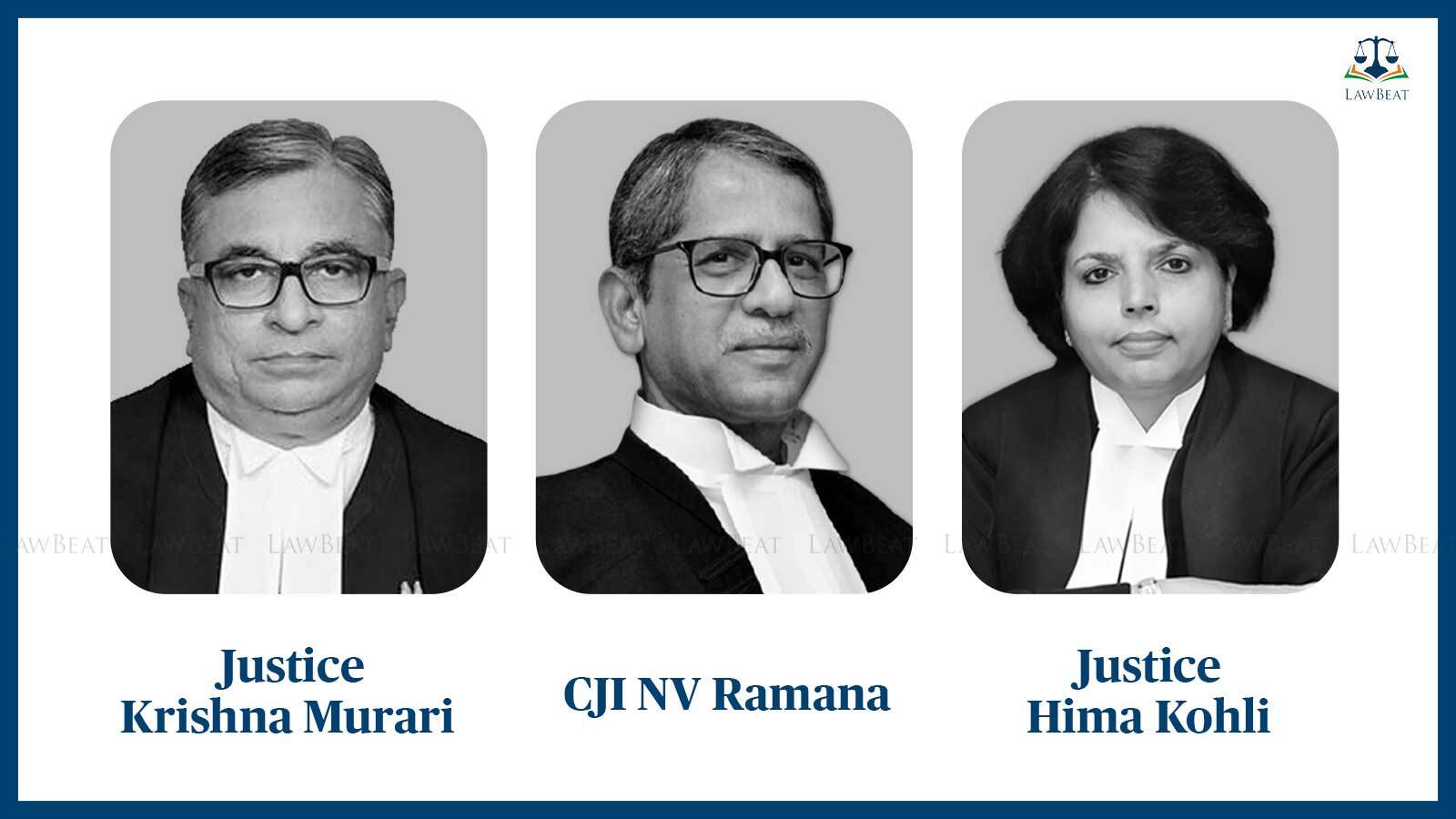Prosecution by State should be consistent with right to fair trial: Top Court

The Supreme Court recently emphasized that prosecution by the State ought to be carried out in a manner consistent with the right to fair trial, as enshrined under Article 21 of the Constitution.
This observation was made by the top court while setting aside an order of the Madras High Court rejecting former Tamil Nadu Minister SP Velumani's plea seeking a copy of a preliminary report filed against him in a corruption case.
"When the State has not pleaded any specific privilege which bars disclosure of material utilized in the earlier preliminary investigation, there is no good reason for the High Court to have permitted the report to have remained shrouded in a sealed cover...", observed a bench of CJI NV Ramana with Justices Krishna Murari and Hima Kohli.
Velumani served as a Cabinet Minister in the State of Tamil Nadu from 2014. One RS Bharathi filed a complaint with the Director of Vigilance and Anti-Corruption but to no avail. He then filed a criminal petition before the Madras High Court.
The allegations against Velumani were that while he was serving as a Minister, he allegedly misused his powers to influence the tender process and ensured that tenders were awarded to his close aides.
As no action was forthcoming by the aforesaid Authorities, a writ petition was filed before the High Court seeking, a mandamus directing the Director, Directorate of Vigilance and Anti-Corruption to register an FIR on the basis of the complaint lodged by Bharathi and to constitute an SIT for the purpose of investigation. Both, the writ petition and Criminal petition were tagger and heard together.
High Court had then directed an enquiry by a responsible officer, Ms. Ponni, Superintendent of Police, Director of Vigilance and AntiCorruption.
After the officer submitted her preliminary enquiry report to the Director of Vigilance and Anti-Corruption, who in turn submitted a final report before the High Court in a sealed cover, the government took a decision to close the case based on the aforesaid report submitted by the Court appointed officer. Rather than deciding this issue, the High Court adjourned the matter by a month.
The matter could not be listed until July 19, 2021 and the State Government changed in the meanwhile and the new government went back on its earlier stand to close the criminal case. However, the State Government submitted before the High Court that they intended to conduct further investigation.
The CJI led bench observed that the High Court committed a patent error in not taking the matter to its logical conclusion.
"When the State Government changed its stand, the High Court neither provided the appellant an opportunity to defend himself, nor sought a reasoned justification from the State for having turned turtle...", said the bench.
Court further held that the case before it was easily distinguishable on its facts.
"Initiation of the FIR in the present case stems from the writ proceedings before the High Court, wherein the State has opted to reexamine the issue in contradiction of their own affidavit and the preliminary report submitted earlier before the High Court stating that commission of cognizable offence had not been made out....the mandate of Section 207 CrPC cannot be read as a provision etched in stone to cause serious violation of the rights of the appellant-accused as well as to the principles of natural justice....", observed the Top Court.
Thus, apart from directing the High Court to supply a copy of the report to Velumani, the Top Court has also restored the case before it, and has further directed the High Court to dispose it of on its own merit.
Although the prayer for quashing of the FIR was not orally pressed before the Top Court, Velumani has been granted liberty to seek an appropriate remedy before the High Court.
Case title: S.P. Velumani vs Arappor Iyakkam
